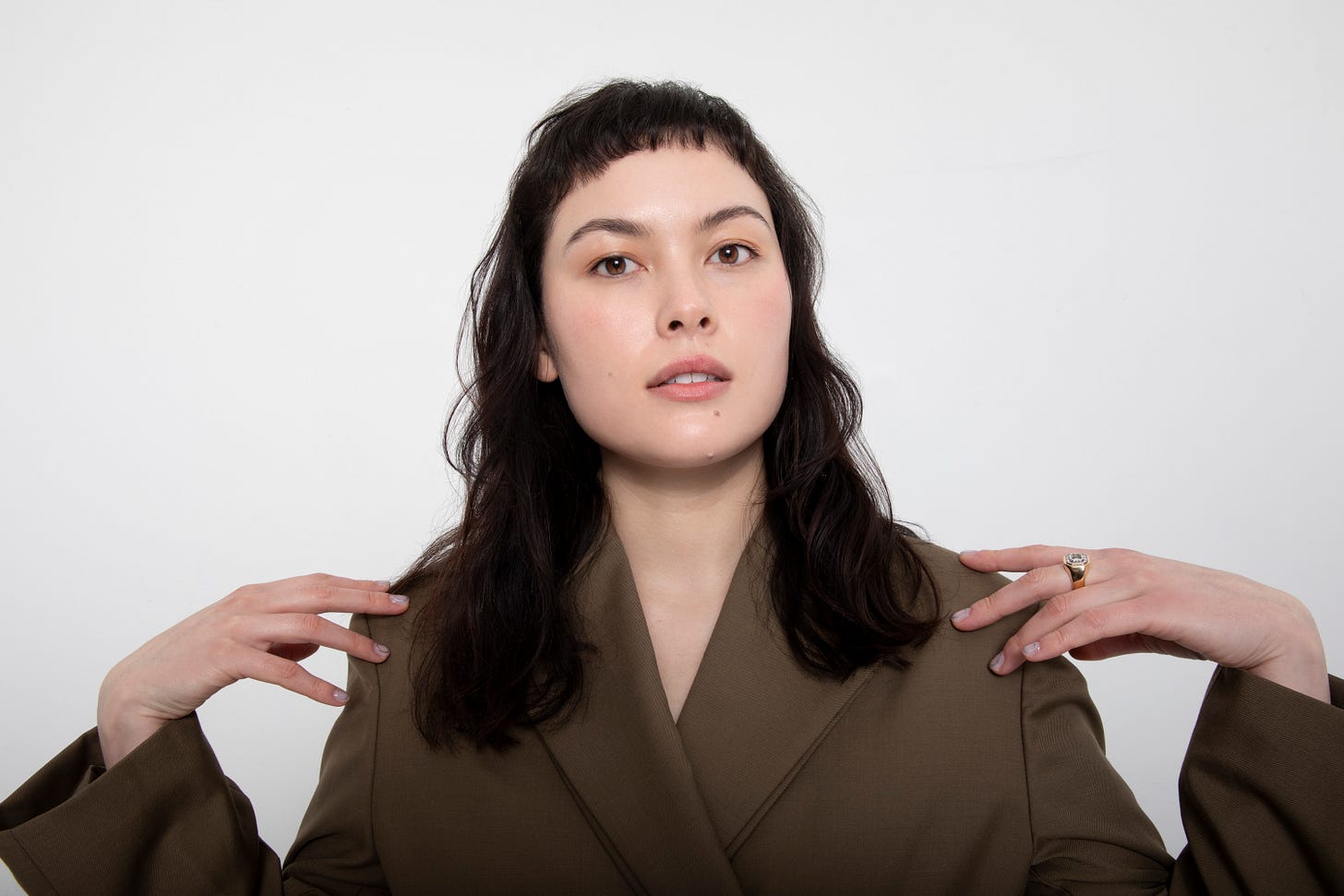Jemma Moore: “I felt like I was too complicated for people”
The actor on the interplay between her multiple identities, choosing joy and challenging the industry

Hi, welcome back to Mixed Messages! This week I’m speaking to actor Jemma Moore, who is of mixed Chinese and British heritage. Currently on screen as aspiring journalist Jess in ITV’s gripping mile-high thriller Red Eye, I was struck by how J…

